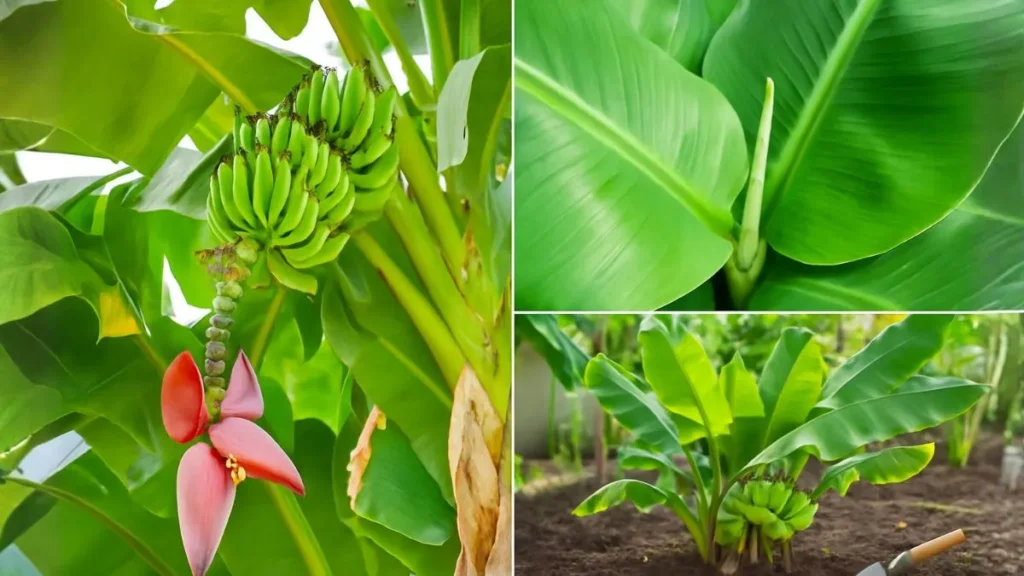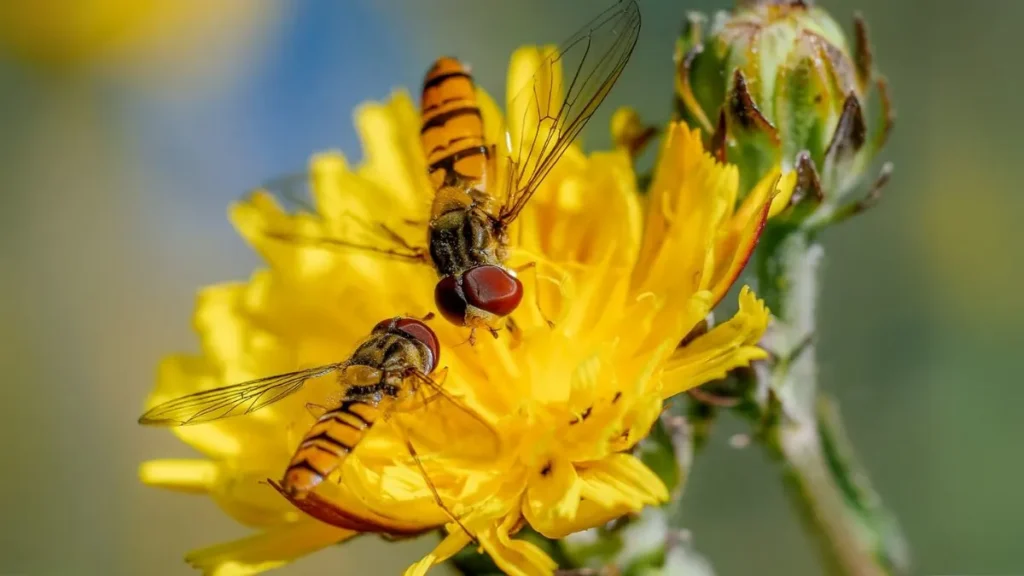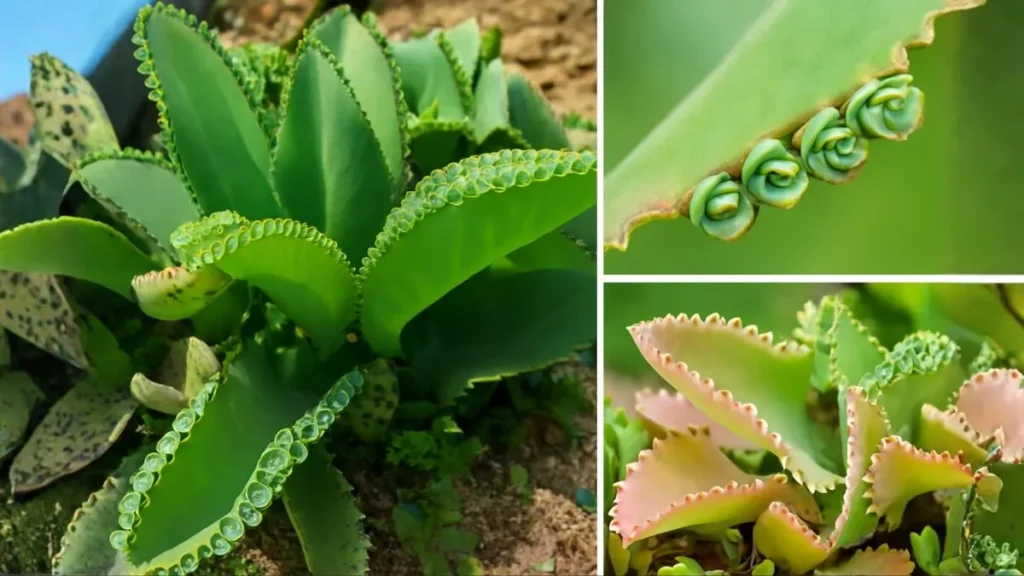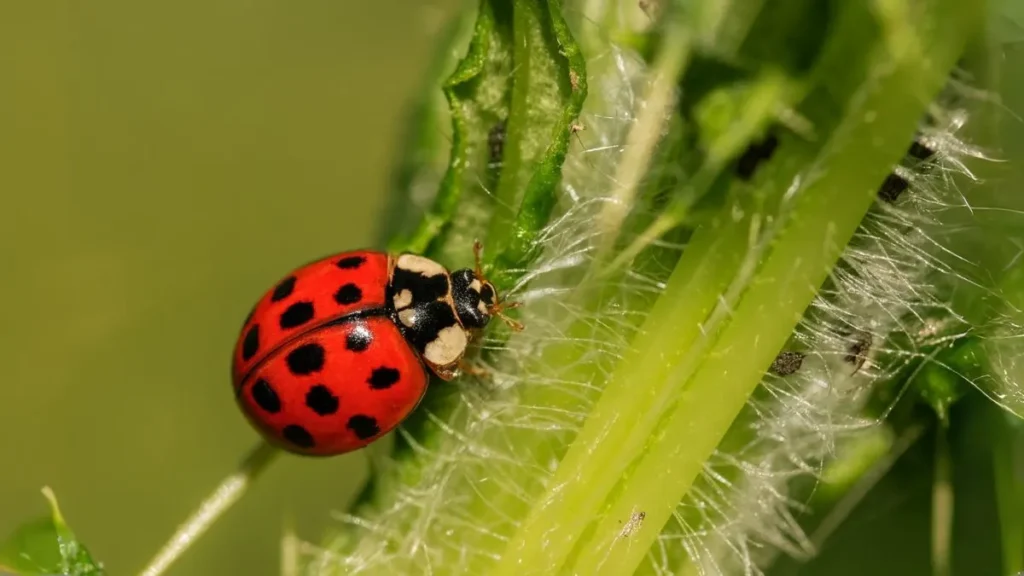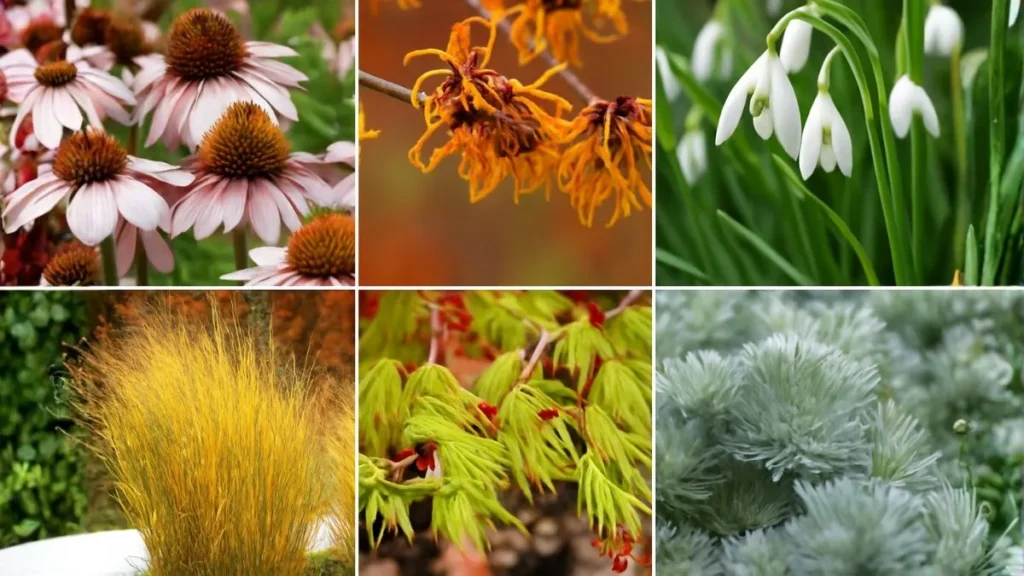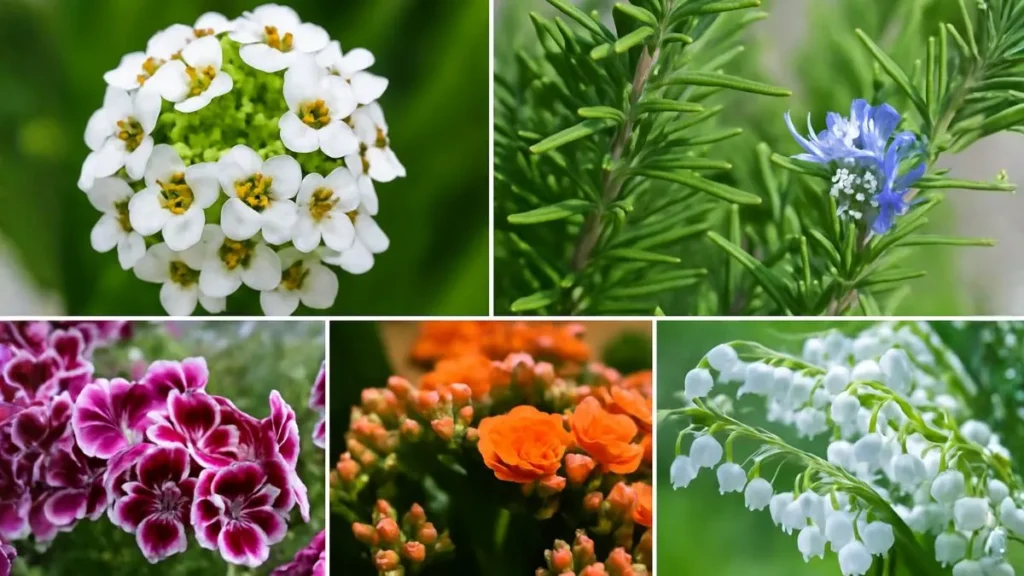If you’ve ever felt frustrated with chemical fertilizers that promise quick results but leave your soil lifeless, you’re not alone. Over time, synthetic fertilizers damage soil health and make plants dependent on external inputs. The smarter choice? Homemade organic fertilizer.
I learned this lesson in my own backyard. My store-bought fertilizer gave me fast growth but weak plants. When I switched to natural, kitchen-based solutions, the difference was visible—tomatoes were juicier, roses had bigger blooms, and my indoor plants looked more alive.
And here’s the good news: You don’t need to buy expensive organic mixes. Everything you need is already in your kitchen or garden waste.
-
Compost – The Gold Standard
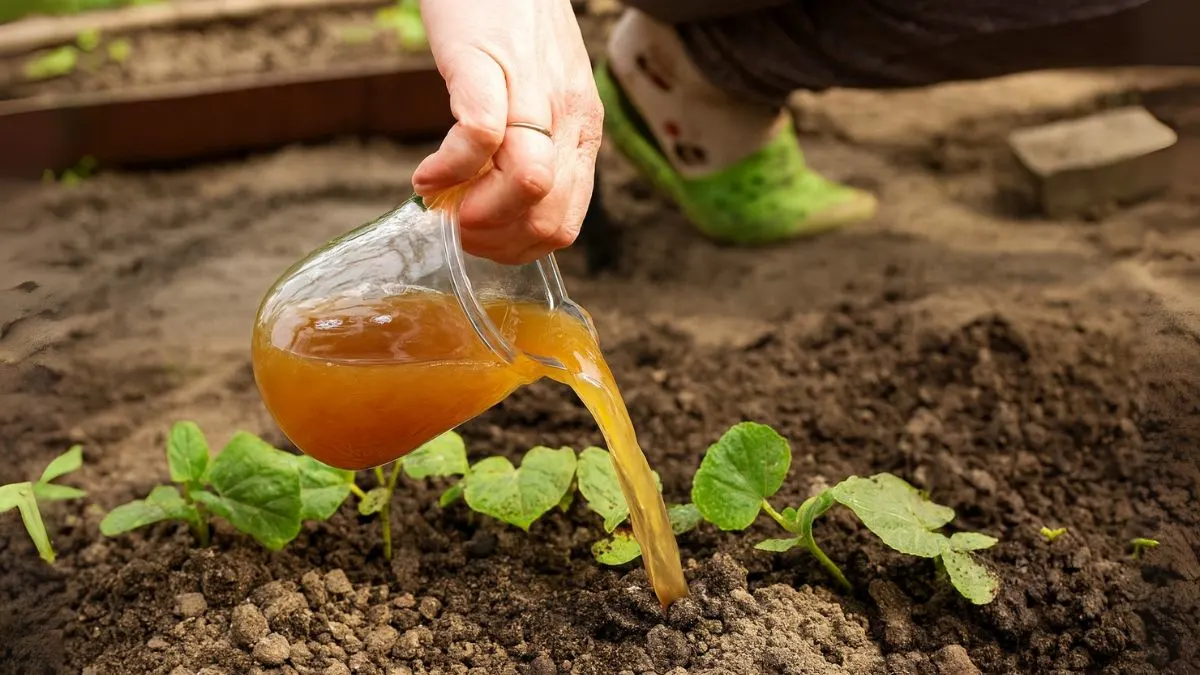
No list of natural fertilizers is complete without compost. It’s literally black gold for plants. Made from kitchen and yard waste, compost adds balanced nutrients and improves soil texture.
Good compost is teeming with beneficial microbes that protect plants from disease and improve root growth. It also helps the soil retain just the right amount of moisture.
To get started, collect food scraps, dried leaves, and garden waste. In a few months, you’ll have nutrient-rich compost that works for vegetables, flowers, and even indoor plants.
-
Worm Castings – Nature’s Superfood
If you want something even more powerful, try worm castings. They are essentially worm droppings, but don’t let that turn you away—they’re packed with minerals like nitrogen, phosphorus, and potassium.
Sprinkling worm castings around your plants works like a probiotic for soil. Once, my basil plant was nearly dead; after adding just a handful of worm castings, it bounced back in less than a week.
-
Grass Clippings – Waste Turned into Food
If you mow your lawn, don’t throw away the cuttings. Grass clippings are a fantastic nitrogen source and decompose quickly.

Spread a thin layer around your vegetable patch, or mix them into your compost pile for faster breakdown. Just make sure the clippings come from lawns that haven’t been treated with chemicals.
-
Manure – The Traditional Fertilizer
Farmers have been using manure for centuries, and for good reason. Cow, goat, horse, or chicken manure provides an excellent nutrient balance.
Also Read: 8 Simple Ways to Supercharge Your Soil
The trick is to use well-aged manure. Fresh manure is too strong and can burn plant roots. I learned this after using fresh chicken manure one summer—it nearly killed my cucumbers. But aged manure gave me the juiciest crop I’d ever seen.
-
Banana Peels – Potassium Boost
Flowering and fruiting plants need potassium, and banana peels are a perfect natural source. Chop them into pieces and bury them near plant roots, or blend them into a liquid feed.
My rose bushes nearly doubled their blooms when I started using banana peels regularly. Tomatoes also thrive on this easy kitchen hack.
-
Coffee Grounds – A Treat for Acid Lovers
Instead of tossing leftover coffee, save the coffee grounds. They are nitrogen-rich and especially loved by acid-loving plants like blueberries, hydrangeas, and azaleas.
You can sprinkle them directly around plants or add them to compost for extra richness. Just don’t overuse them—too much can make your soil overly acidic.
-
Vegetable Scraps & Tea Bags – Kitchen Waste Magic
Every day, we throw away nutrient-packed waste without realizing its potential. Vegetable scraps and tea bags are excellent additions to compost or can be buried directly into soil.
When I mixed old tea bags with potting soil for my indoor plants, the leaves grew healthier and shinier. Even vegetable scraps like carrot peels or spinach stems work wonders when added to the soil.
-
Eggshells – Strong Bones for Plants
Tomatoes, peppers, and eggplants often suffer from blossom-end rot due to calcium deficiency. The solution? Eggshells.
Also Read: Grow Big Basil in a Pot – Step-by-Step Guide for a Lush Harvest
Dry and crush them before adding to soil, or grind into powder for faster absorption. My tomato plants grew healthier fruits once I started sprinkling eggshells into the soil.
-
Rice Water – A Gentle Root Tonic
The next time you rinse rice, don’t throw away the starchy water. Rice water is a gentle fertilizer that improves microbial activity and strengthens plant roots.
I water my indoor plants with rice water once a week, and the difference is clear—shinier leaves and stronger growth.
-
Compost Tea – A Powerful Liquid Fertilizer
If you want a quick nutrient boost, try making compost tea. It’s exactly what it sounds like—a liquid version of compost.
To make it, add banana peels, coffee grounds, vegetable scraps, tea bags, and any other organic waste to a large, glass jar using a 1:10 ratio of compost to water. Let it steep for a few days, then pour the liquid around your plants.
This acts as a powerful liquid fertilizer for your plants, especially during flowering and fruiting. I often use it for my tomatoes and chillies during peak season—it gives instant results.
Quick Fertilizer Cheat Sheet
Fertilizer |
Key Nutrient |
Best For |
Compost |
Balanced nutrients |
All plants |
Worm Castings |
Minerals & microbes |
Vegetables, flowers |
Grass Clippings |
Nitrogen |
Lawns, leafy greens |
Manure |
Nitrogen & phosphorus |
Fruit crops, veggies |
Banana Peels |
Potassium & calcium |
Roses, tomatoes |
Coffee Grounds |
Nitrogen |
Acid-loving plants |
Vegetable Scraps & Tea Bags |
Nitrogen & minerals |
Houseplants, gardens |
Eggshells |
Calcium |
Tomatoes, peppers, eggplants |
Rice Water |
Microbial boost |
Indoor plants |
Compost Tea |
Quick-release nutrients |
All plants |
Also Read: 6 Perennial Herbs for Endless Harvest
Healthy soil creates healthy plants, and the best way to achieve that is by skipping chemical fertilizers and switching to homemade organic fertilizer.
Whether you use compost, worm castings, grass clippings, and manure or go for simple household solutions like banana peels, coffee grounds, vegetable scraps, tea bags, rice water, or eggshells, each option adds unique nutrients back to your soil.
Experiment, observe, and adjust. With these simple natural boosters, your garden will reward you with stronger roots, brighter blooms, and tastier harvests.
